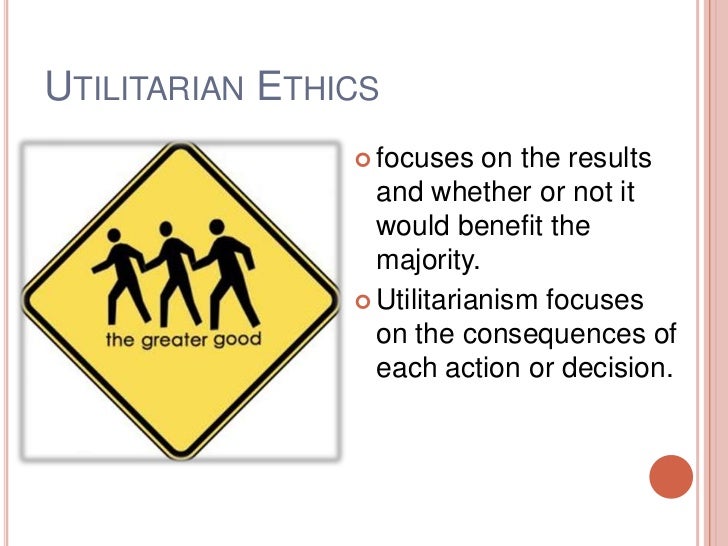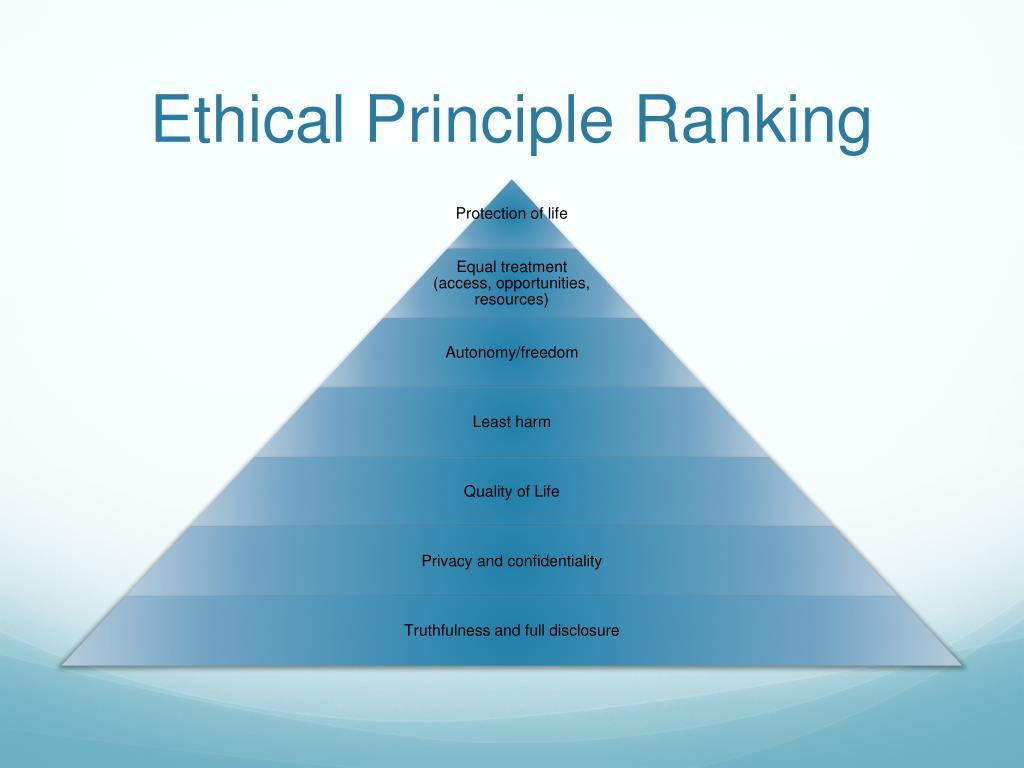


Utilitarianism has since been widely discussed, and has had significant influence in economics and public policy. Utilitarianism was developed by the philosophers Jeremy Bentham and John Stuart Mill, who drew on ideas going back to the ancient Greeks.

One of the most prominent and influential attempts to create such a theory is utilitarianism. This will then allow us to identify which moral judgments of today are misguided, enabling us to make moral progress and act more ethically. We see the project of moral philosophy as being to reflect on our competing moral intuitions and develop a theory that will tell us what we ought to do, and why. 2Īlso, people have conflicting moral intuitions, and we need a way to resolve these disagreements. It would be a very lucky coincidence if the present generation were the first generation whose intuitions were perfectly morally correct. This historical track record gives us reason to be concerned that we, in the modern era, may also be unknowingly responsible for serious, large-scale wrongdoing. We now see these moral intuitions as badly misguided. In Western societies, it was once firmly believed to be intuitively obvious that people of color and women have fewer rights than white men that homosexuality is wrong and that it was permissible to own slaves. Historically, people held beliefs we now consider morally horrific. But there are problems with relying merely on our moral intuition. If you ask yourself whether or not it is wrong to eat meat, or to lie to a friend, or to buy sweatshop goods, you probably have a strong gut moral view on the topic. When we make moral judgments in everyday life, we often rely on our intuition. Perhaps more so than any other ethical theory, it has produced a fierce philosophical debate between its proponents and its critics. Compared to other ethical theories, utilitarianism is less deferential to ordinary thought and may tell us to make substantial changes to how we lead our lives. What, morally, ought we to do? Utilitarianism gives an answer: we ought always to promote overall well-being.


 0 kommentar(er)
0 kommentar(er)
